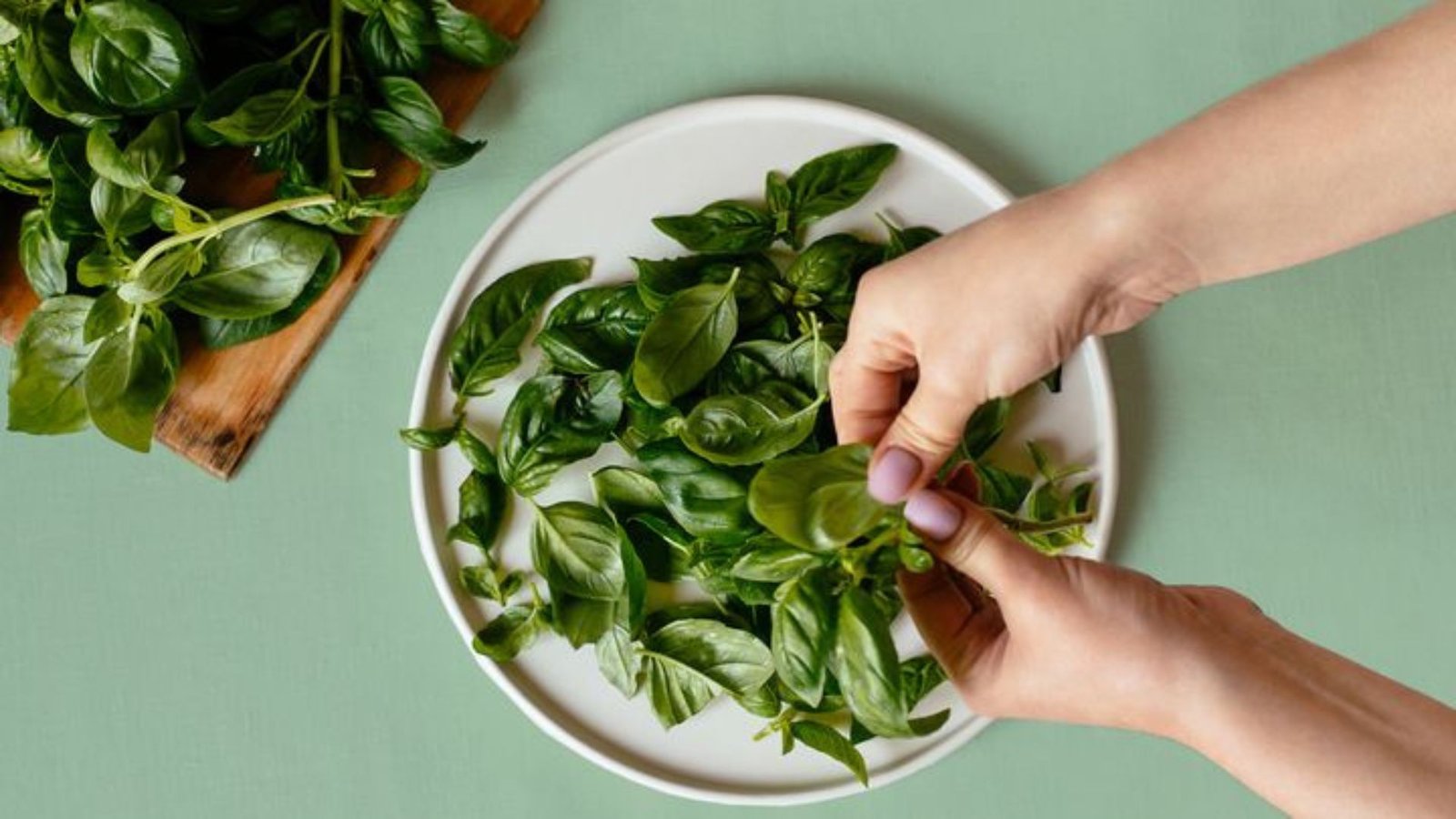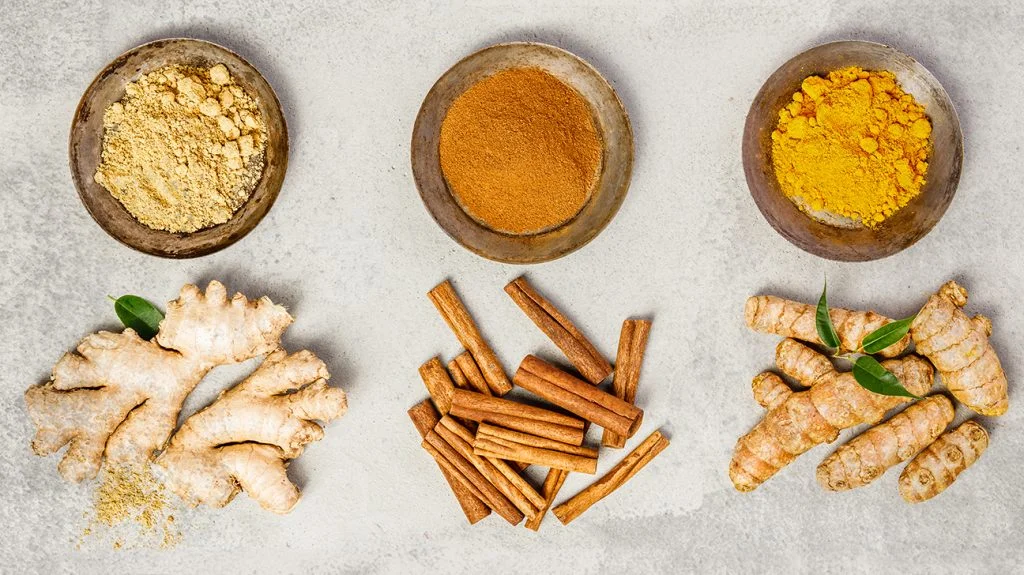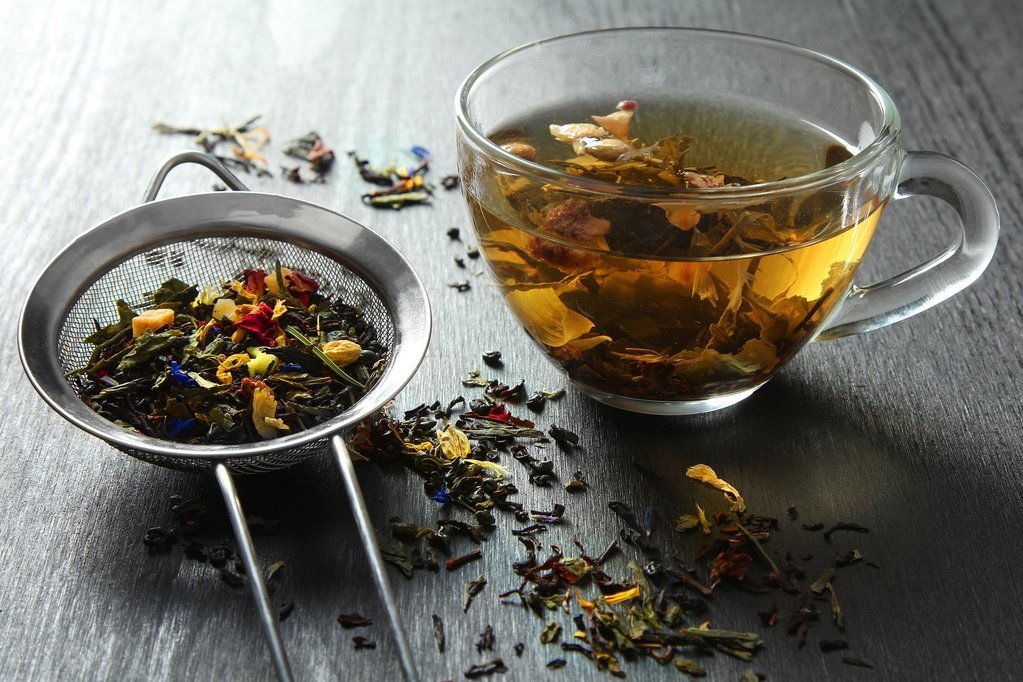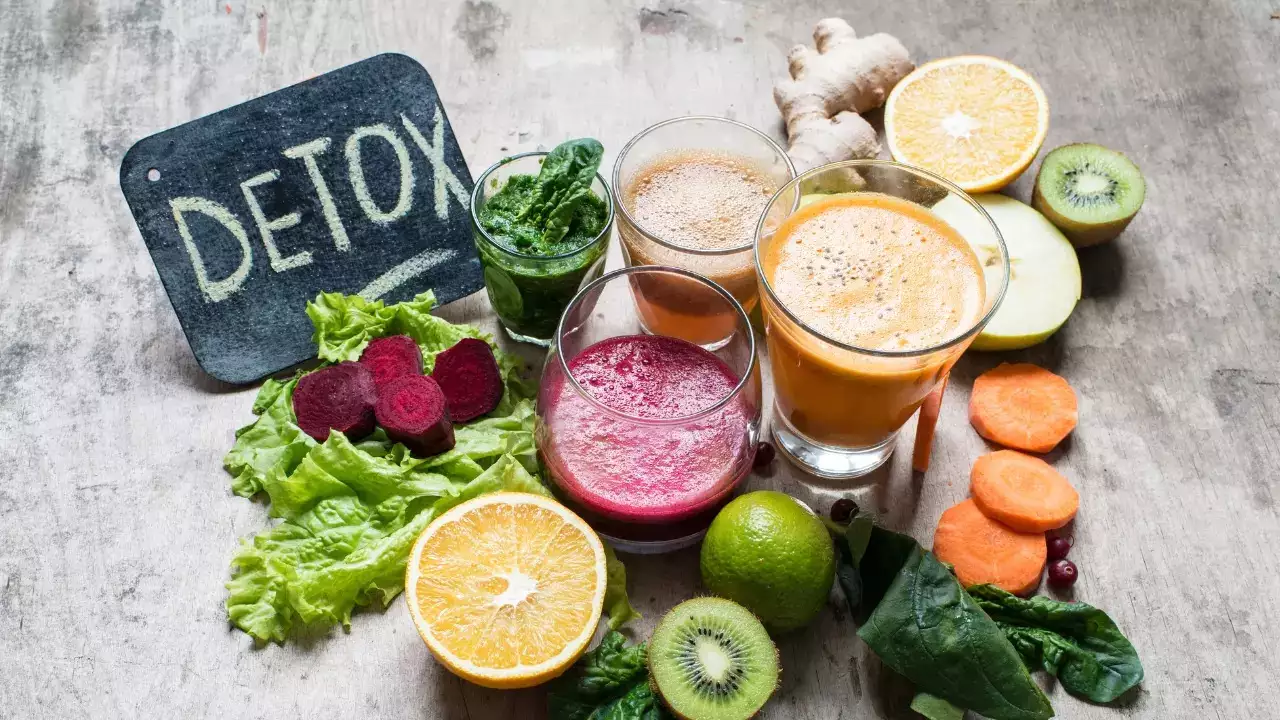Herbs have been used for centuries to promote healthy skin. Incorporating herbs into your skincare routine can provide numerous benefits, from reducing inflammation to enhancing skin radiance. Natural herbs contain powerful compounds that heal, soothe, and rejuvenate your skin. Let’s explore some of the best herbs for improving skin health and appearance.

1. Aloe Vera Soothes and Hydrates
Aloe vera is a well-known herb for its calming and hydrating properties. This herb is highly effective in soothing irritated skin. Its natural compounds help to moisturize and heal sunburns, cuts, or any skin inflammations. Additionally, aloe vera promotes skin regeneration and increases the healing process of wounds.
- Benefits of Aloe Vera: Hydrates, soothes, and promotes healing.
- How to Use Aloe Vera: Apply fresh aloe vera gel to your skin or use aloe-based lotions.
Thus, aloe vera is a must-have for anyone seeking relief from dry or irritated skin.
2. Lavender Reduces Inflammation and Promotes Healing
Lavender isn’t just a pleasant fragrance—it is also a powerhouse herb for skin health. The anti-inflammatory properties of lavender make it an excellent choice for reducing skin redness and irritation. It also accelerates the healing process of wounds, making it a great herb for healing acne scars or minor burns.
- Benefits of Lavender: Reduces inflammation, heals wounds, and promotes a calm complexion.
- How to Use Lavender: Use lavender essential oil diluted in a carrier oil, or add it to your skin care products.
As a result, lavender provides both emotional relaxation and skin benefits, especially for sensitive or inflamed skin.
3. Turmeric Brightens and Evens Skin Tone
Turmeric is often celebrated for its anti-inflammatory and antioxidant properties. It works wonders in brightening dull skin and reducing dark spots. Its active compound, curcumin, helps to fight hyperpigmentation and improve skin tone. Additionally, turmeric has antibacterial properties that help fight acne-causing bacteria.
- Benefits of Turmeric: Evens skin tone, brightens the complexion, and fights acne.
- How to Use Turmeric: Create a turmeric face mask or use turmeric-infused creams.
Thus, turmeric is an excellent option for anyone struggling with dark spots or uneven skin tone.
4. Chamomile Calms and Soothes Skin
Chamomile is known for its calming effects on both the mind and skin. The anti-inflammatory properties of chamomile help to soothe irritated or inflamed skin. It is especially helpful for those with sensitive skin, reducing redness and puffiness caused by irritation or allergic reactions.
- Benefits of Chamomile: Calms irritation, reduces puffiness, and promotes skin healing.
- How to Use Chamomile: Apply chamomile tea as a toner or use chamomile oil in your skincare routine.
Chamomile’s gentle action makes it suitable for all skin types, especially those prone to sensitivity or inflammation.
5. Green Tea Fights Acne and Reduces Oil
Green tea is rich in antioxidants known as catechins, which help protect the skin from damage. Green tea is especially effective at fighting acne due to its ability to reduce inflammation and control oil production. Moreover, it also helps prevent skin aging by neutralizing free radicals that can damage skin cells.
- Benefits of Green Tea: Reduces acne, controls oil, and prevents skin aging.
- How to Use Green Tea: Apply cooled green tea to your skin as a toner or include green tea in your diet.
Therefore, green tea is a fantastic herb for acne-prone or oily skin, offering long-term benefits.
6. Neem Prevents Skin Infections and Breakouts
Neem has been used in skincare for centuries due to its powerful antibacterial properties. Neem helps reduce acne and prevent skin infections, making it a popular choice for those dealing with skin problems like pimples or rashes. It also balances oil production, which can help keep skin clearer.
- Benefits of Neem: Prevents breakouts, reduces oil production, and fights infections.
- How to Use Neem: Apply neem oil directly to acne-prone areas or use neem-infused soaps.
Neem is ideal for those with acne-prone or oily skin, providing a natural solution to breakouts.
7. Rosemary Stimulates Circulation and Prevents Wrinkles
Rosemary isn’t just a kitchen herb; it also has fantastic benefits for the skin. Rosemary improves blood circulation, which helps deliver essential nutrients and oxygen to the skin. As a result, it enhances skin vitality, reduces puffiness, and even stimulates collagen production, preventing wrinkles.
- Benefits of Rosemary: Improves circulation, stimulates collagen, and reduces signs of aging.
- How to Use Rosemary: Add rosemary oil to your skincare routine or create a rosemary infusion.
Thus, rosemary is an excellent addition to anti-aging routines, helping keep skin smooth and youthful.
8. Peppermint Relieves Skin Irritation and Tightens Pores
Peppermint is another refreshing herb with various benefits for the skin. Peppermint’s cooling properties help relieve itching and irritation, making it especially useful for conditions like insect bites or rashes. Moreover, it tightens pores, leaving your skin looking fresher and more refreshed.
- Benefits of Peppermint: Relieves irritation, tightens pores, and soothes the skin.
- How to Use Peppermint: Apply diluted peppermint oil to the skin or use peppermint-infused skincare products.
Peppermint is a great herb for oily or acne-prone skin, providing both relief and refreshing sensations.
9. Calendula Heals and Reduces Inflammation
Calendula, also known as marigold, is a well-regarded herb for skin healing. Calendula’s anti-inflammatory properties help reduce swelling, redness, and irritation. It accelerates the healing of cuts, bruises, and burns, making it an essential herb for sensitive or damaged skin.
- Benefits of Calendula: Reduces inflammation, speeds up healing, and soothes irritation.
- How to Use Calendula: Use calendula ointments or oils on affected areas.
Calendula is an ideal choice for anyone with sensitive or damaged skin looking for a gentle, healing herb.
10. Burdock Root Detoxifies and Clears Skin
Burdock root is a powerful detoxifying herb that helps clear the skin from the inside out. Burdock root helps purify the blood, which can reduce acne and other skin conditions caused by toxins. It also supports skin regeneration, making it an excellent choice for clearer, healthier skin.
- Benefits of Burdock Root: Detoxifies the skin, clears acne, and promotes regeneration.
- How to Use Burdock Root: Drink burdock root tea or use it in topical skincare products.
Burdock root is particularly useful for individuals dealing with acne or skin conditions caused by internal impurities.
Conclusion
Incorporating herbs into your skincare routine can lead to remarkable improvements in your skin’s health and appearance. From turmeric and aloe vera to lavender and chamomile, each herb offers unique benefits, such as reducing inflammation, fighting acne, and promoting skin healing. By choosing the right herbs for your skin concerns, you can enjoy a natural, radiant complexion.
In summary, herbs like green tea, neem, and rosemary can help clear acne, improve skin tone, and reduce signs of aging. Whether you prefer topical application or herbal teas, there’s a herb that can help you achieve glowing, healthy skin. Always patch-test new products to ensure compatibility with your skin, and consult a dermatologist if needed.









